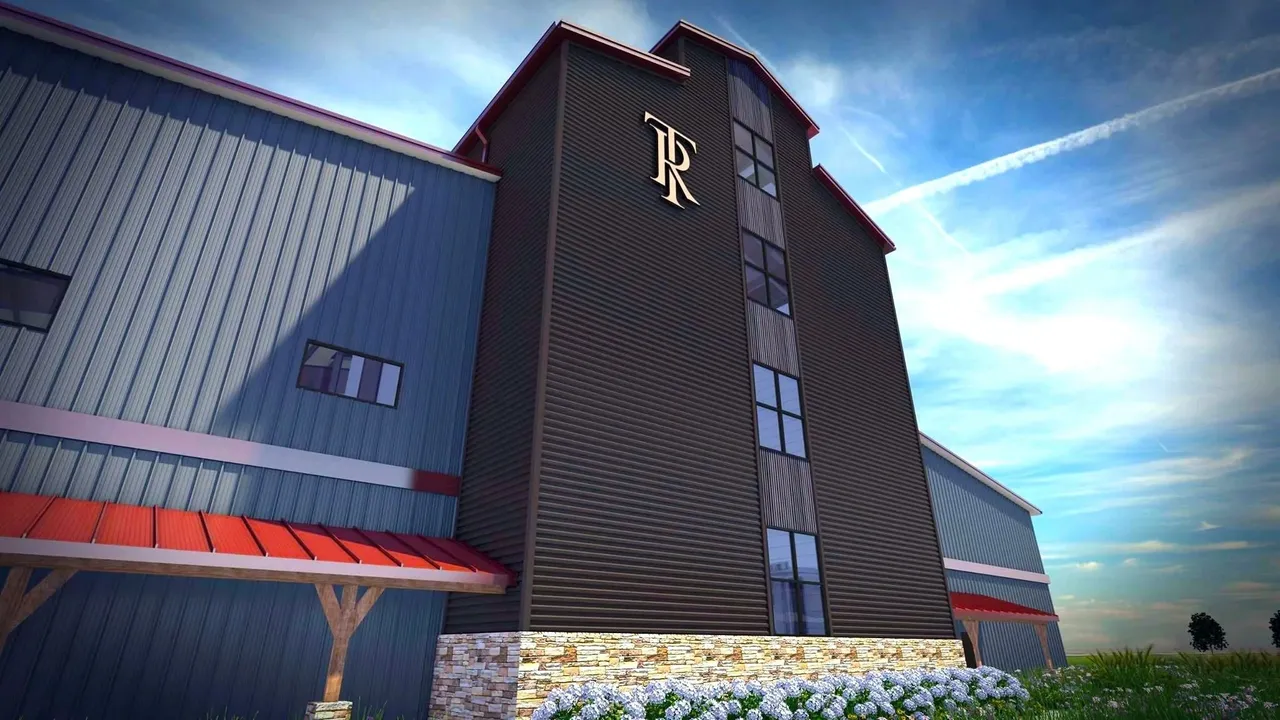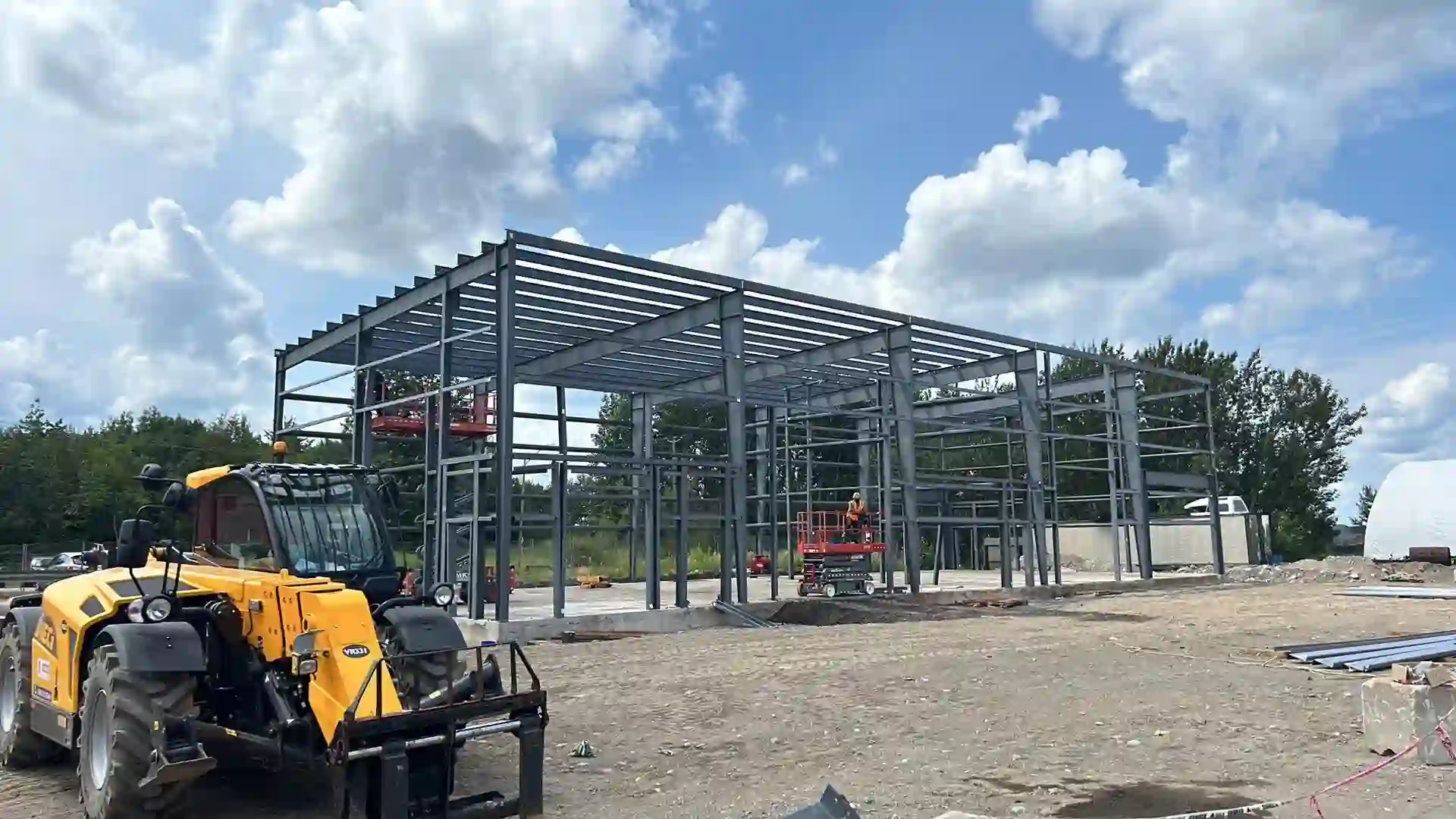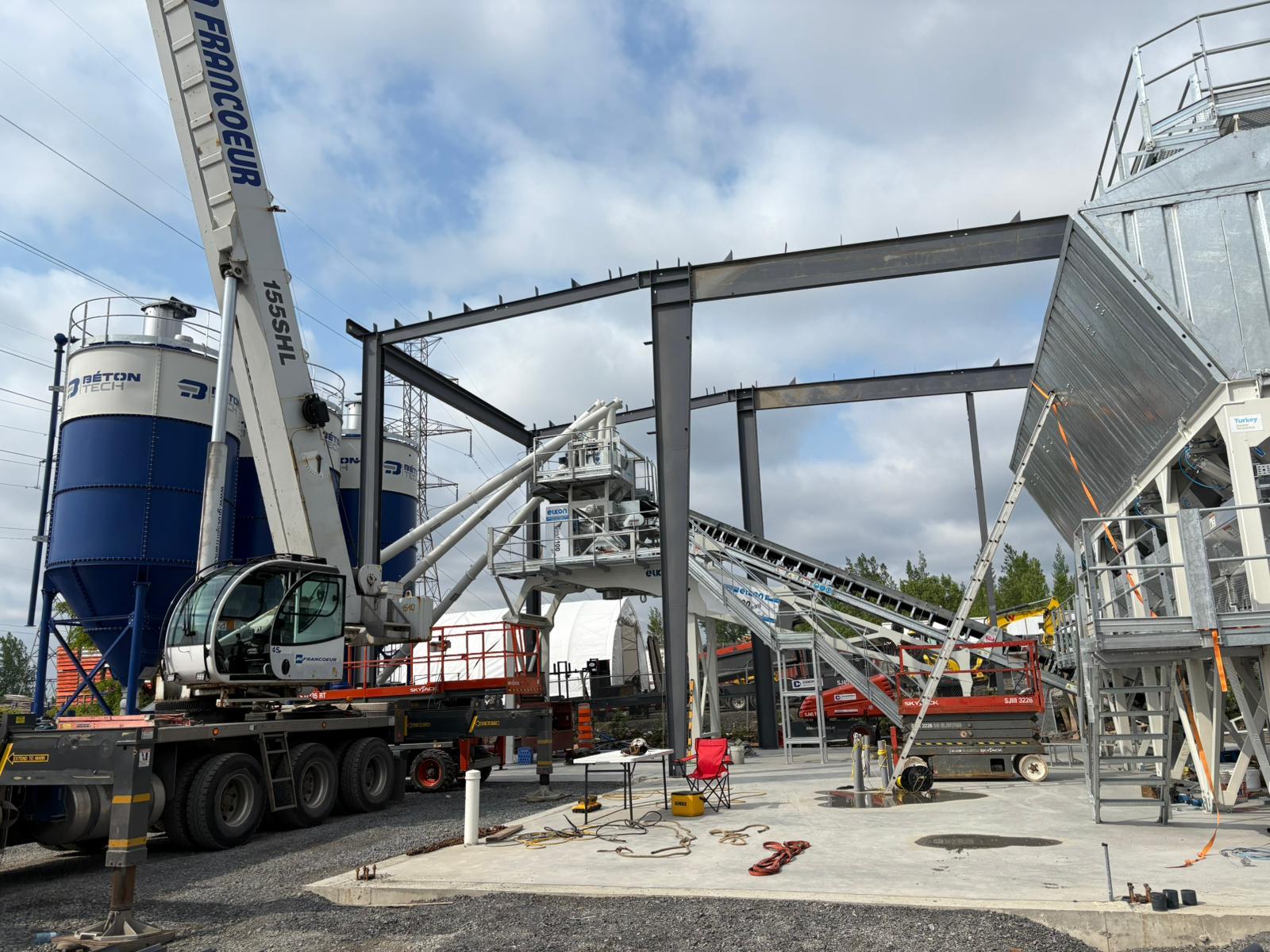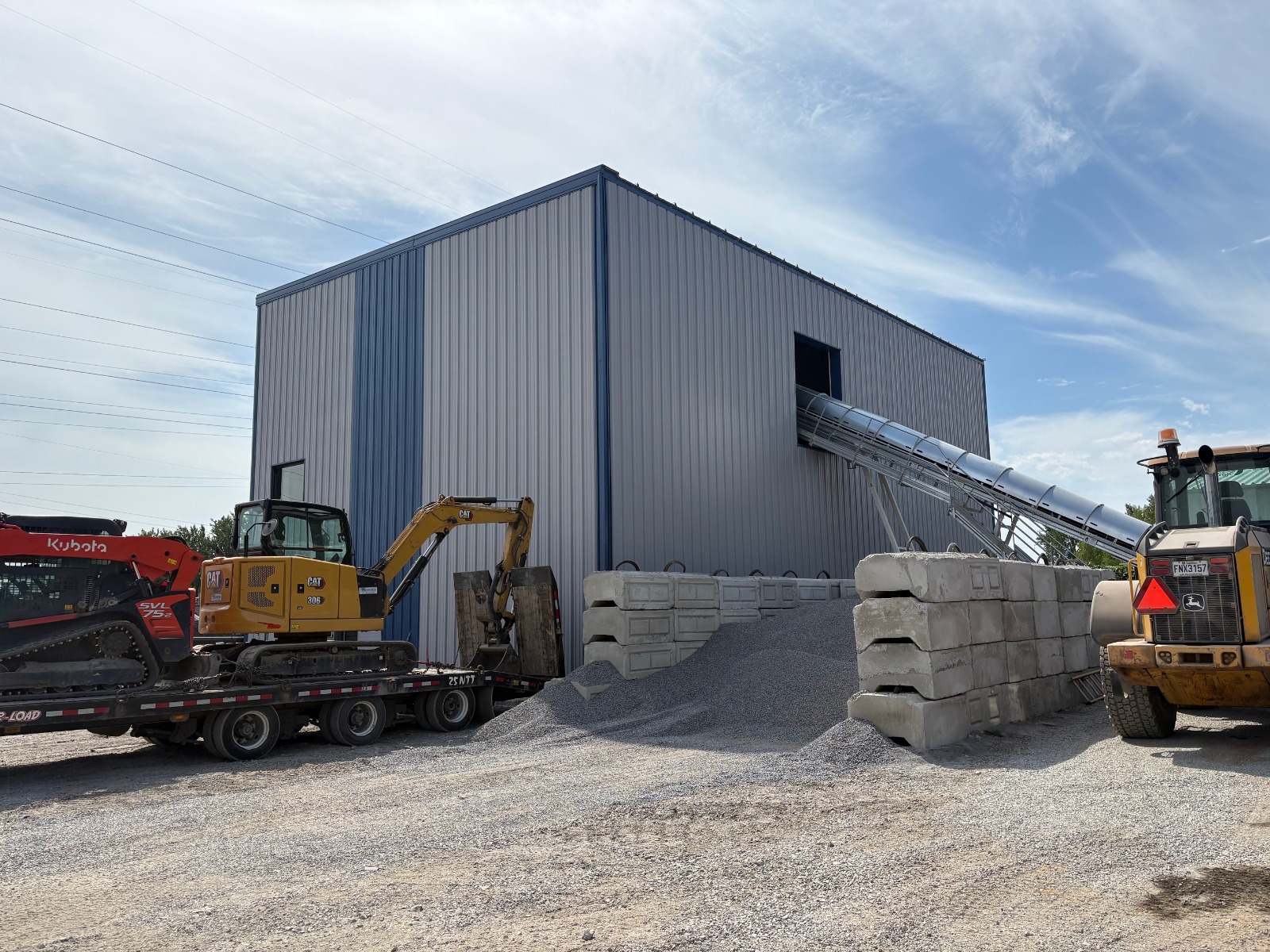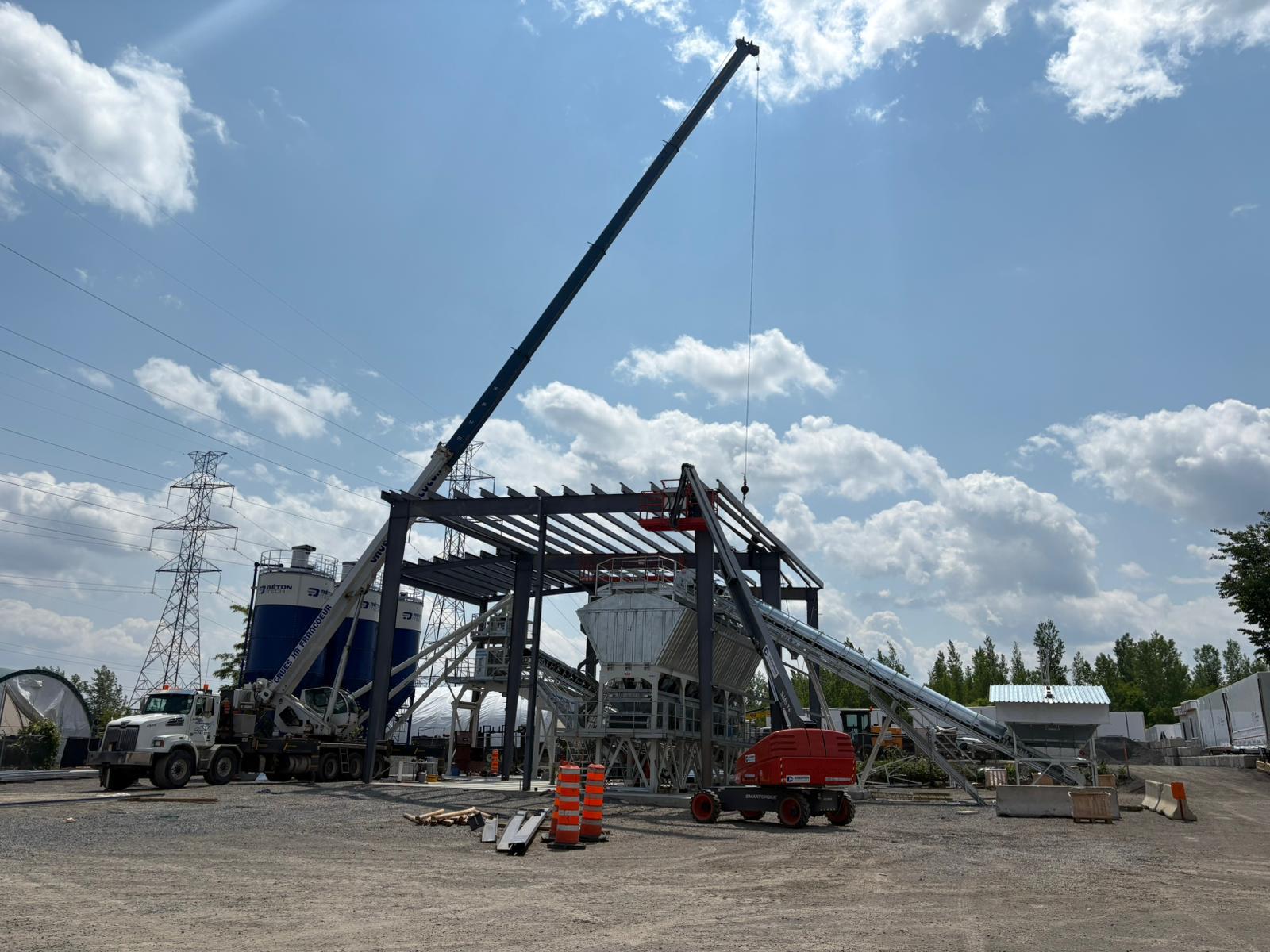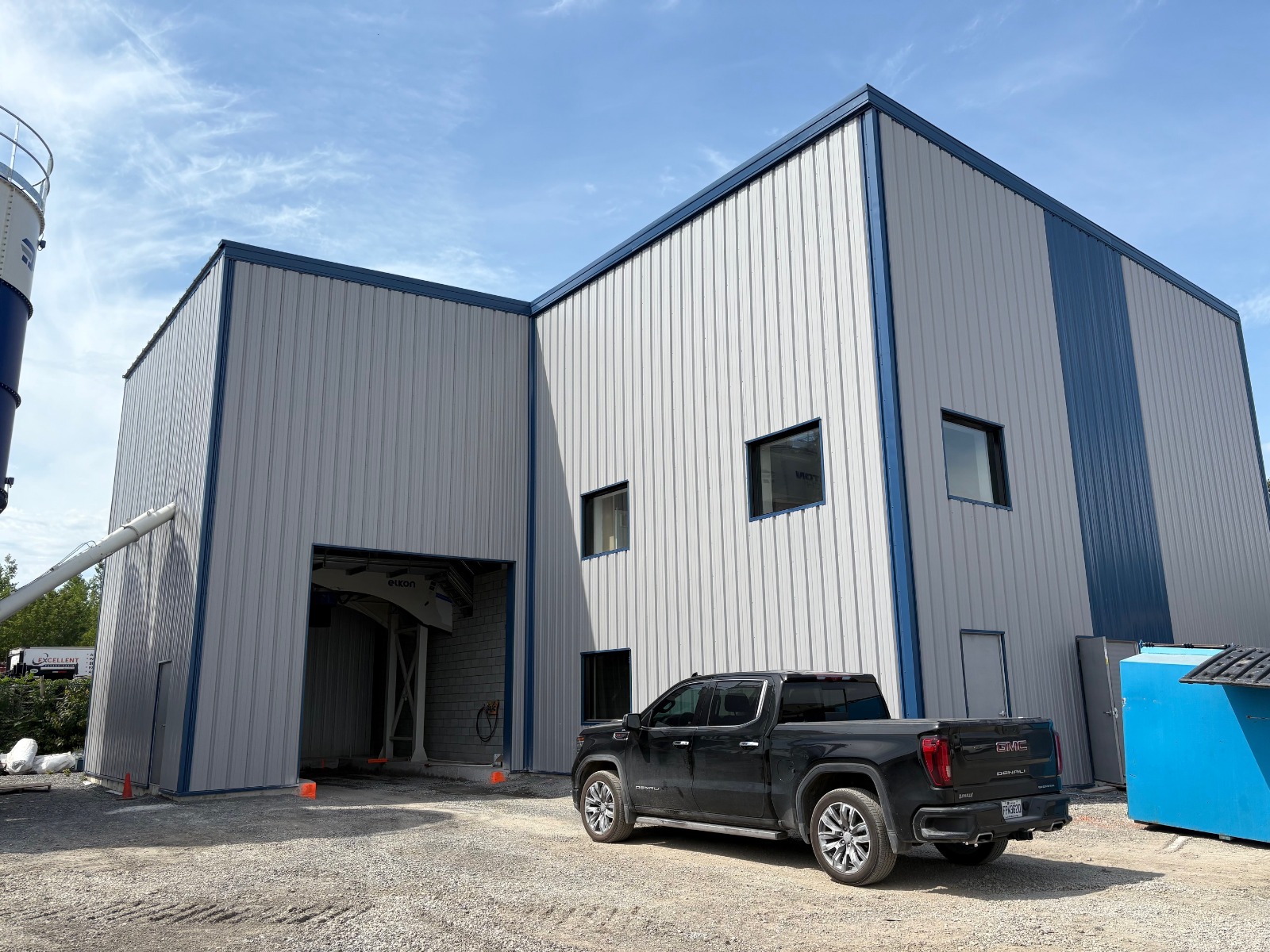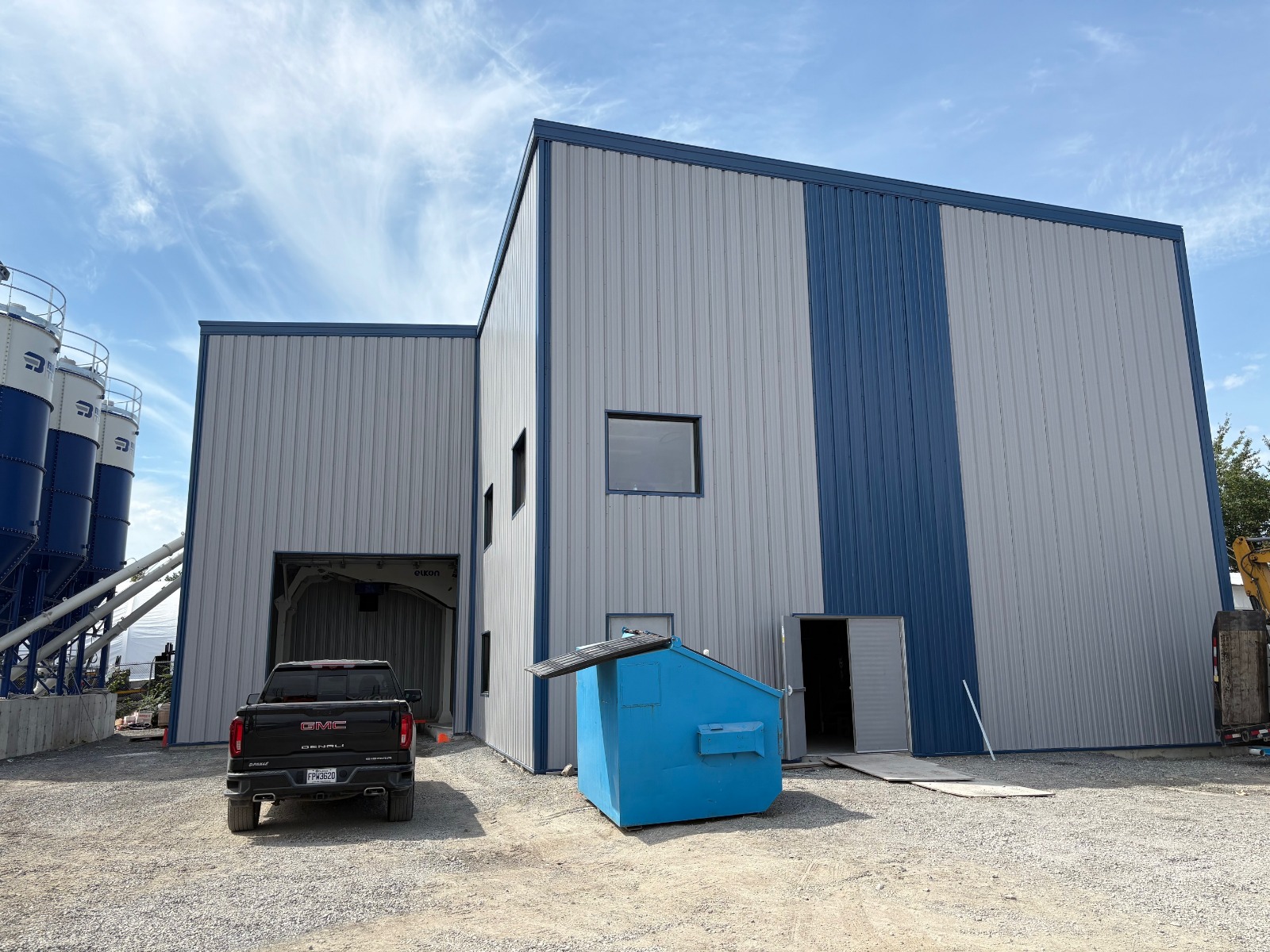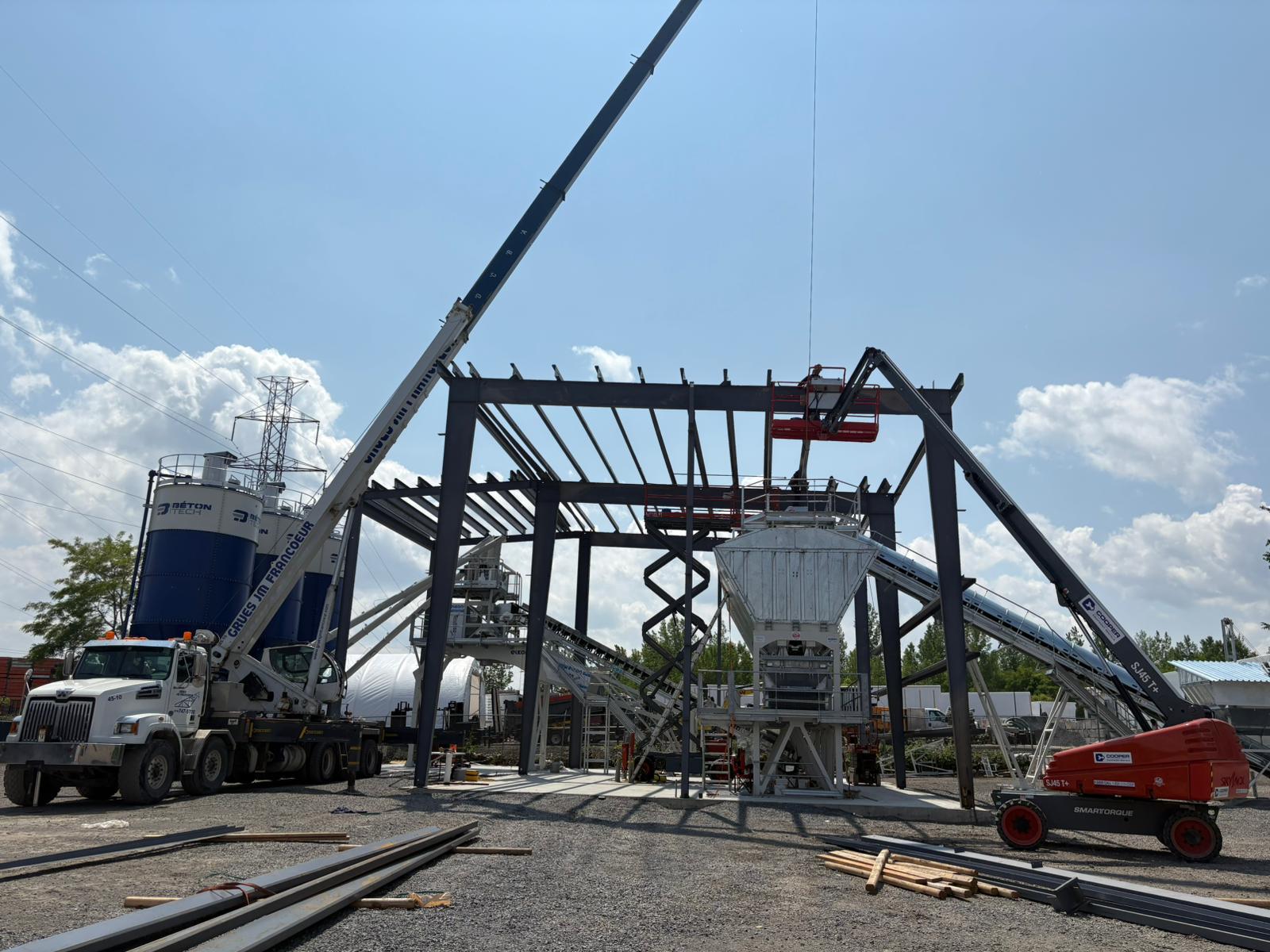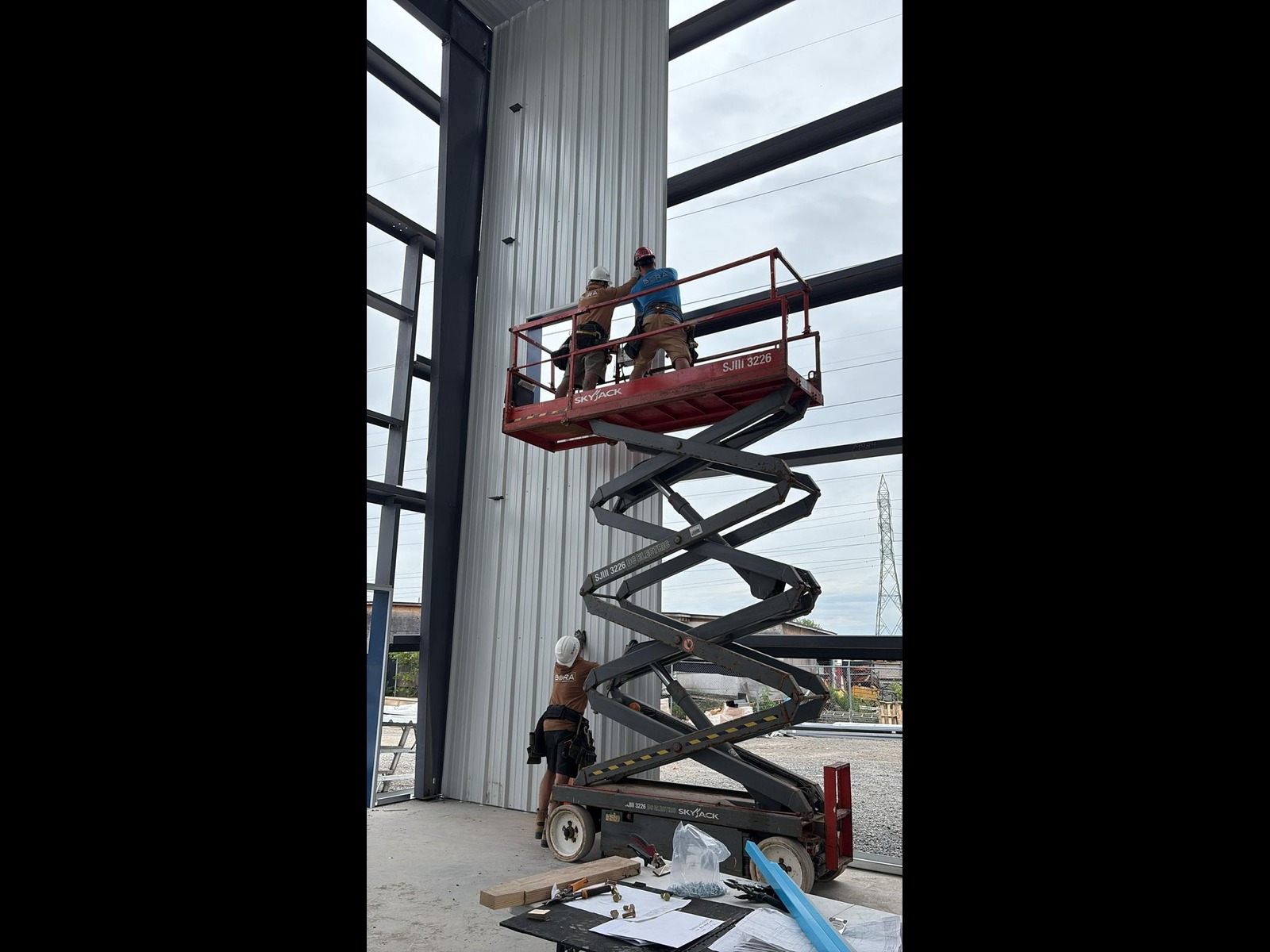The Importance of Well-Insulated Buildings: A Look at the Superiority of Insulated Metal Panels
When it comes to construction, the importance of proper insulation cannot be overstated. Beyond simply providing comfort, well-insulated buildings offer a multitude of benefits, from energy efficiency to structural durability. Among the various insulation methods available, insulated metal panels (IMPs) stand out as a superior choice, revolutionizing the way we approach thermal efficiency in construction.
First, let’s dive into the importance of having a well-insulated building. Effective insulation acts as a barrier against external temperature fluctuations, maintaining a stable indoor climate whatever the weather outside. This not only improves occupant comfort, but also reduces dependence on heating and cooling systems, resulting in substantial energy savings and lower electricity bills. What’s more, a properly insulated building minimizes heat loss in winter and heat gain in summer, promoting sustainable practices and reducing environmental impact.
When it comes to achieving optimum thermal efficiency, insulated metal panels offer unrivalled performance compared with traditional insulation methods. These panels feature a composite structure with durable metal faces encapsulating a high-density foam core. This innovative design offers exceptional insulation properties, far surpassing other materials such as fiberglass or cellulose.
One of the main advantages of insulated metal panels is their superior R-value and U-factor. The R-value represents the thermal resistance of a material, indicating its effectiveness in preventing heat transfer. PMI panels feature high R-values, ensuring maximum insulation and minimum energy loss. Similarly, the U-factor measures the rate of heat transfer through a material; lower U-factor values mean better insulation. Insulated metal panels excel in this area, offering superior thermal performance compared to conventional insulation options.
What’s more, insulated metal panels are renowned for their ease of installation and versatility. Unlike cumbersome insulation methods that require multiple layers and extensive labor, PMI comes in prefabricated panels that can be quickly and efficiently installed, saving time and money. What’s more, these panels can be customized to suit a variety of architectural designs and building requirements, making them suitable for applications ranging from commercial structures to residential homes.
In conclusion, the adoption of insulated metal panels represents a significant step forward in the quest for energy-efficient, sustainable buildings. By prioritizing thermal efficiency and adopting innovative insulation solutions like PMI, we can create structures that not only offer superior comfort and durability, but also contribute to a greener, more sustainable future.

